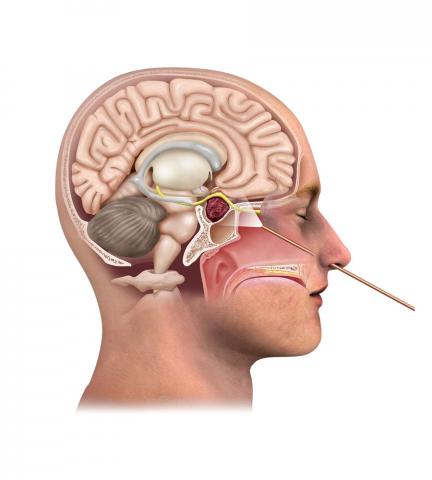CALL US NOW :
MAILING ADDRESS :
LOCATION ADDRESS :
NALLAGANDLA
NALLAGANDLA
Mon – Fri 9 am–3 pm, 5–8 pm
Sat: 9 am–5 pm ,Sunday: Closed

Skull base surgery involves surgical procedures performed at the base of the skull, where the brain and the skull meet. This area is complex due to its proximity to critical structures like the brainstem, cranial nerves, and major blood vessels. Skull base surgery is used to treat various conditions, including tumors, vascular malformations, and other disorders affecting this region.
Tumors:
Vascular Malformations:
Trauma:
Infections:
Congenital Conditions:
Pituitary Disorders:
Headaches:
Neurological Symptoms:
Vision and Hearing Problems:
Facial Pain or Numbness:
Difficulty Swallowing or Speaking:
Seizures:
Sinus Symptoms:
Surgical Approaches:
a. Transnasal Endoscopic Surgery:
b. Traditional Open Surgery:
c. Craniofacial Surgery:
d. Microsurgery:
Radiation Therapy:
a. Stereotactic Radiosurgery:
b. Conventional Radiation Therapy:
Chemotherapy:
Hormonal Therapy:
Supportive Therapies:
Dr. Tanusree Chakraborty specializes in neurological and spinal disorders, including conditions requiring skull base surgery. She can provide a comprehensive evaluation to determine the cause of symptoms and the appropriate surgical or non-surgical treatments.
If you suspect a condition affecting the skull base or have symptoms that might require surgery, Dr. Chakraborty will guide you through:
Would you like assistance with scheduling a consultation with Dr. Chakraborty or need more specific details about a particular treatment option? Contact Us